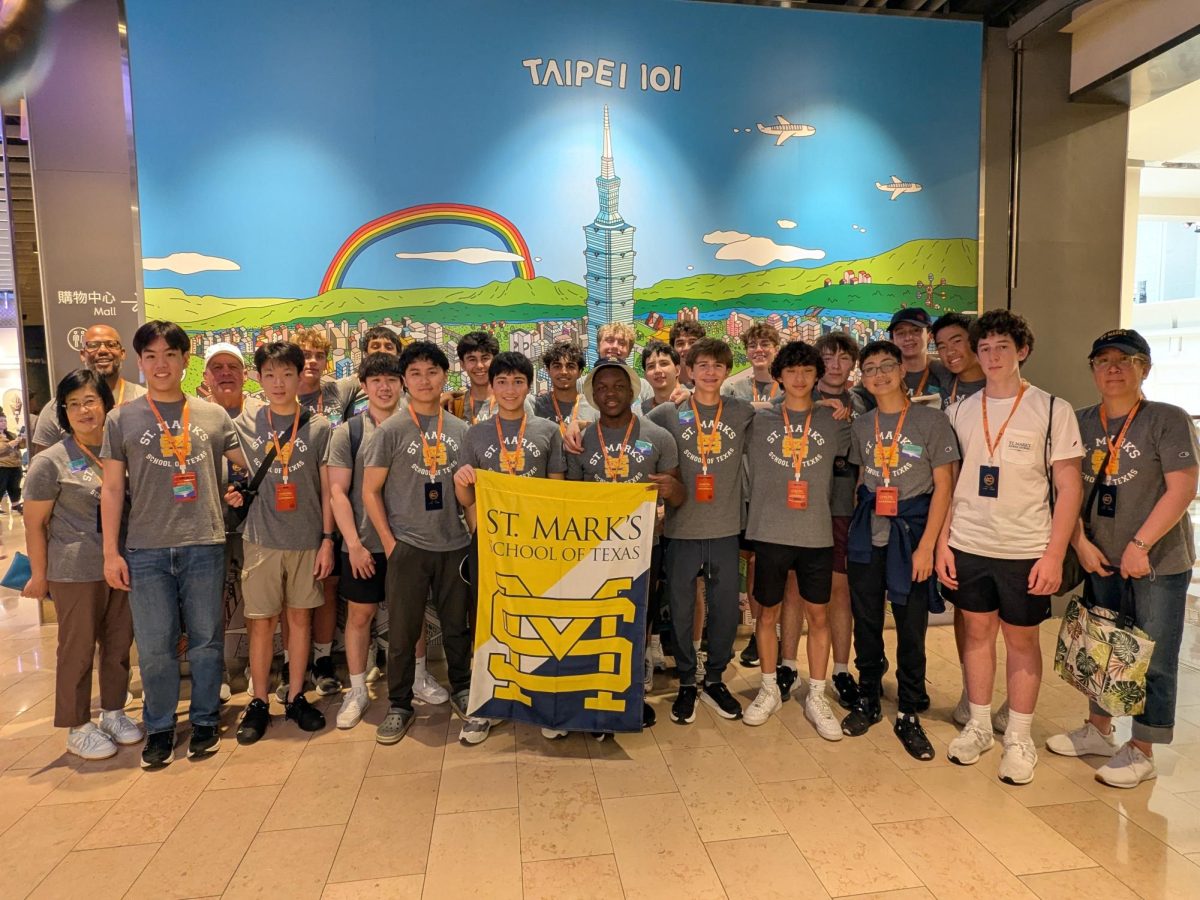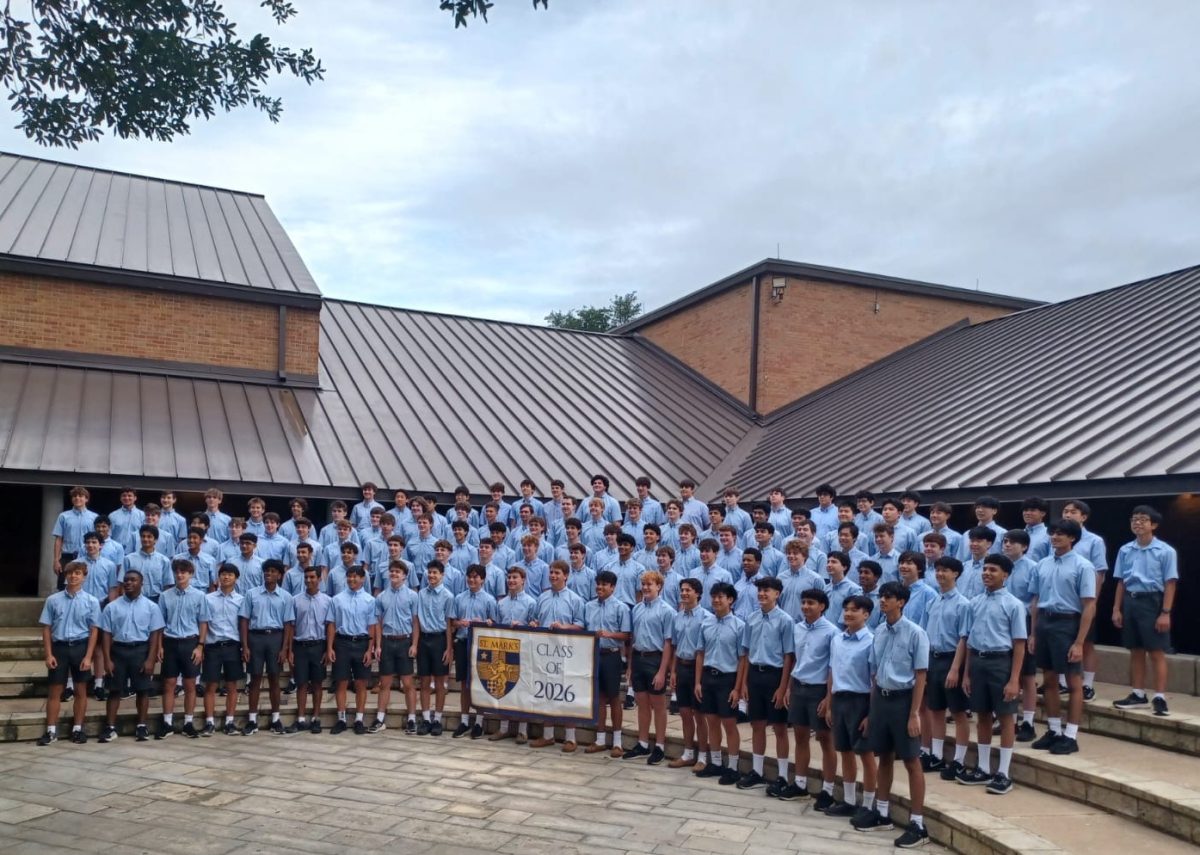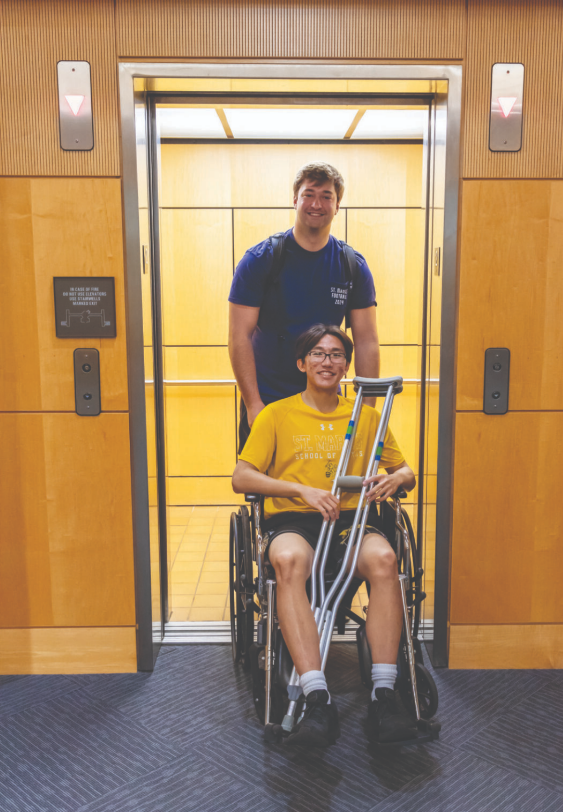With the rise of social media and shift in social norms, many teens, like sophomores Rocky Lancaster and Noah Dolle have shifted their Halloween focus from trick-or-treating to late-night parties, raising concerns about the loss of a childhood joy and a declining tradition.
Dolle has noticed a significant decline in the tradition of trick-or-treating over the past few years. This change has left him with mixed feelings.
“It makes me a bit sad because trick-or-treating connects us with people we wouldn’t usually see,” Dolle said.
He believes that these interactions are vital, especially in a world increasingly dominated by technology and virtual connections. With the rise of social media and online communication, he worries that many are missing out on the valuable, face-to-face interactions that come with community traditions like Halloween.
“Halloween was more of a time to connect, and there’s a chance that we become more isolated,” Dolle said.
He feels that the essence of trick-or-treating has shifted in importance over time. Dolle hopes that our traditions as a society won’t change so drastically that future generations won’t be able to enjoy Halloween to the same extent that he did.
“Trick-or-treating was such a rite of passage for many of us; I hope it can continue to be for many more years,” Dolle said.
This decline in trick-or-treating is not merely a reflection of changing cultural norms; it also highlights a decrease in community connectedness and trust. As neighborhoods become less tight-knit, the once simple act of taking children door-to-door to ask for candy becomes a less appealing option.
“There are some serious concerns about safety, and as neighborhoods become less close-knit, you don’t really know your neighbors at all,” Dolle said. “That sense of trust is gone. It’s important for us to feel safe in our neighborhoods. We should find ways to bring back that sense of community and bring back these safe interactions.”
He advocates for finding ways to revive that sense of community and foster more interpersonal interactions. In light of these safety concerns, many families have turned to alternatives for celebrating Halloween, such as staying home to watch movies or hosting house parties.
“I feel like Halloween doesn’t have to be just about trick-or-treating. It could be just like hangouts with other friends, like watching a scary movie or staying over at a friend’s house,” Dolle said.
As society evolves, so do our traditions, and Dolle acknowledges that it’s natural for priorities to shift as people grow older.
“It’s interesting how traditions evolve; maybe it’s just a natural part of growing up,” Dolle reflected.
He remains hopeful that the spirit of Halloween will endure, adapting to new times while still preserving the connections that make the holiday special.
For Rocky Lancaster, Halloween has become the embodiment of teen’s insecurity and hyper-comparative mentality. Over time, it has become less acceptable to go trick-or-treating at the earlier hours of the night with the goal of actually getting candy.
“As we get older, I think it’s just a tendency to stay up later, the past couple of years I’ve gone out around 8:30 to 9 p.m. and there’s only a few houses open at that time,” Lancaster said. “It’s just socially acceptable now to only go out at a later time and nothing’s open.”
Lancaster believes that because of this social construct of going out later and growing safety concerns, the holiday has transformed into a house-based holiday rather than going out.
“Halloween has turned into a party holiday as you turn older,” Lancaster said.
Lancaster has noticed that this shift in social norms is present in many holidays throughout the year, not just Halloween.
“As you get older, you’re not going to be participating in the Easter egg hunts with your 2-year-old cousins,” Lancaster said.
Despite this natural social shift, Lancaster misses the trick-or-treating of his youth.
“If you want that nostalgic feeling, you’ve just kind of lost that to the maturity people say you need to have as you grow older” Lancaster said.
Through this growth and maturity, the goal of social events like Halloween has shifted in his eyes from having fun to climbing the social ladder of friend groups and social comparison.
“It’s become political, and it’s: ‘what party are you going to?’ especially in high school,” Lancaster said. “It becomes less about actually enjoying the holiday enjoying that time with your friends and more: ‘whose house am I going to go to so I can be considered cool?’ You want to impress the next person, and it’s just that constant need for acknowledgment.”
In addition to this shift as we age, Lancaster has noticed a generational shift in social norms surrounding Halloween.
“For my Dad, It was just to hang out with your friends and maybe get some candy while you’re at it” Lancaster said.
Lancaster believes that this growth and shift in social norms as we mature is taking away from our youthfulness, and that all this social comparison is unhealthy, especially at a young age.
“Over time, as we mature, we begin to worry less about the fun we’re having and more on how we look to other people. I think Halloween is a prime example of how we begin to shy away from who we are or who we once were” Lancaster said.

Student interest in Halloween evolves
October 24, 2024
Categories:







